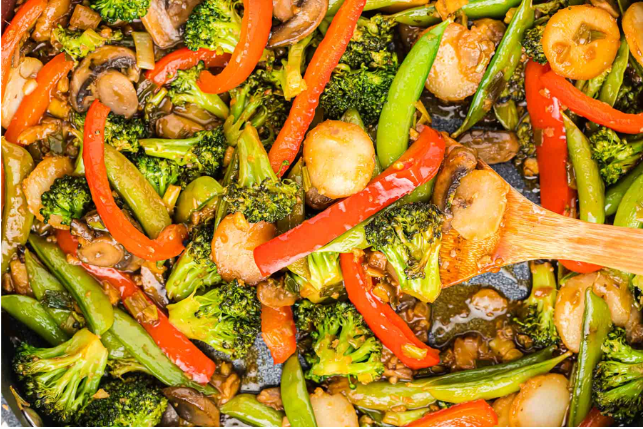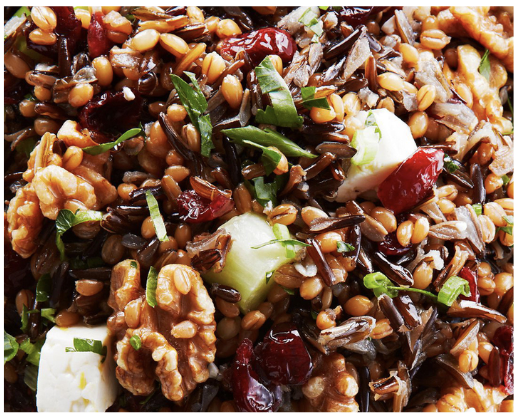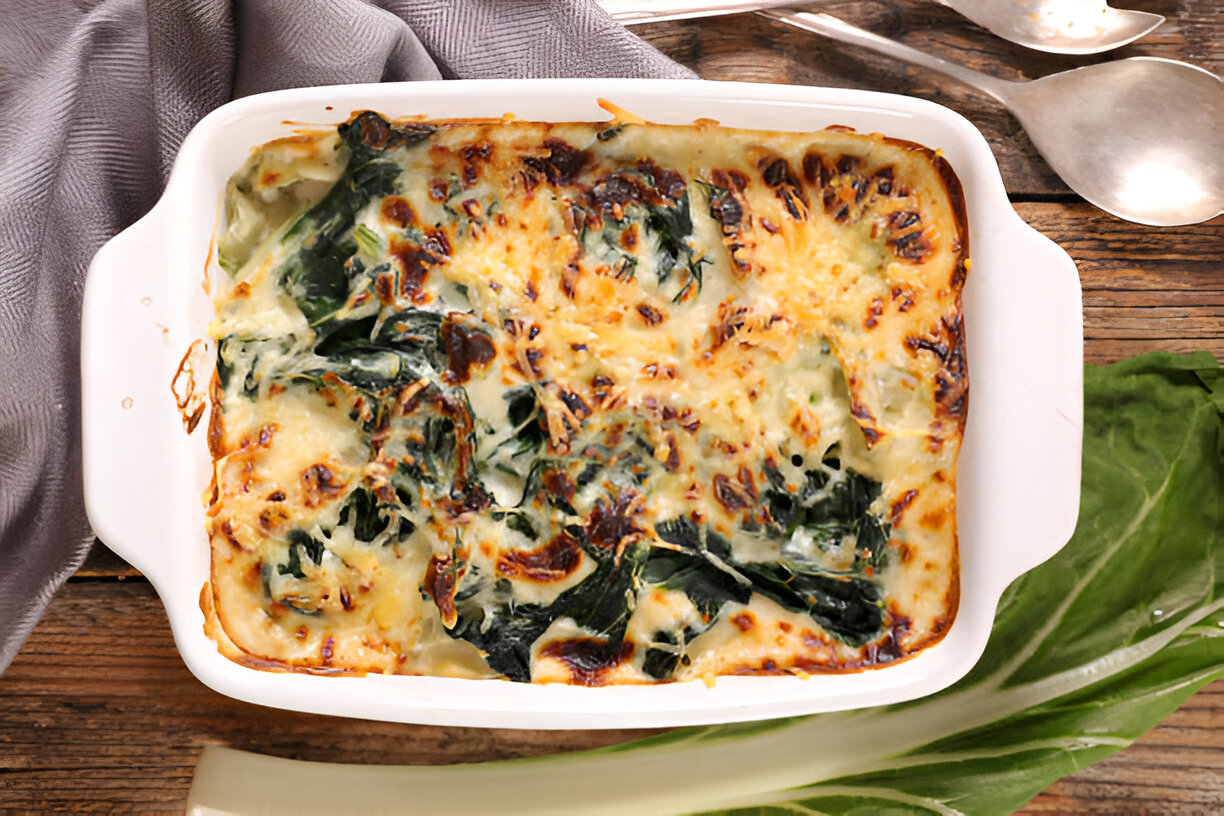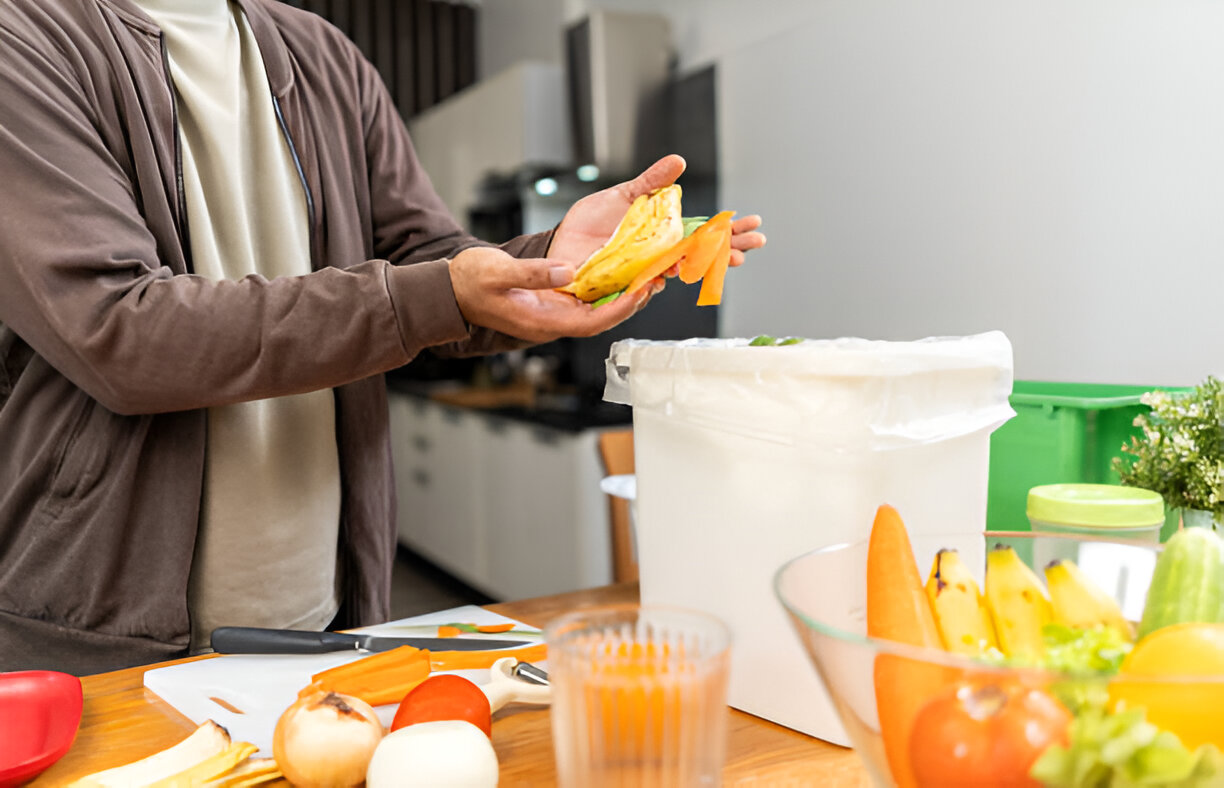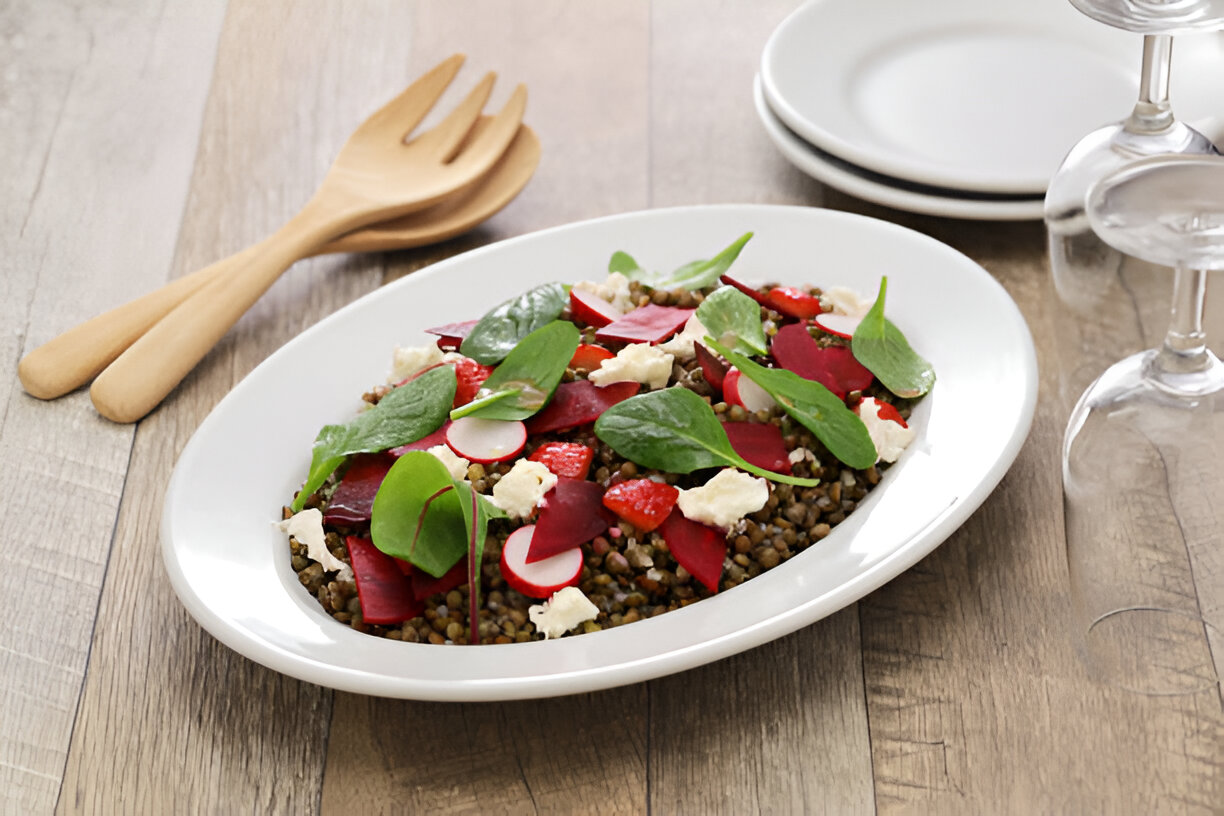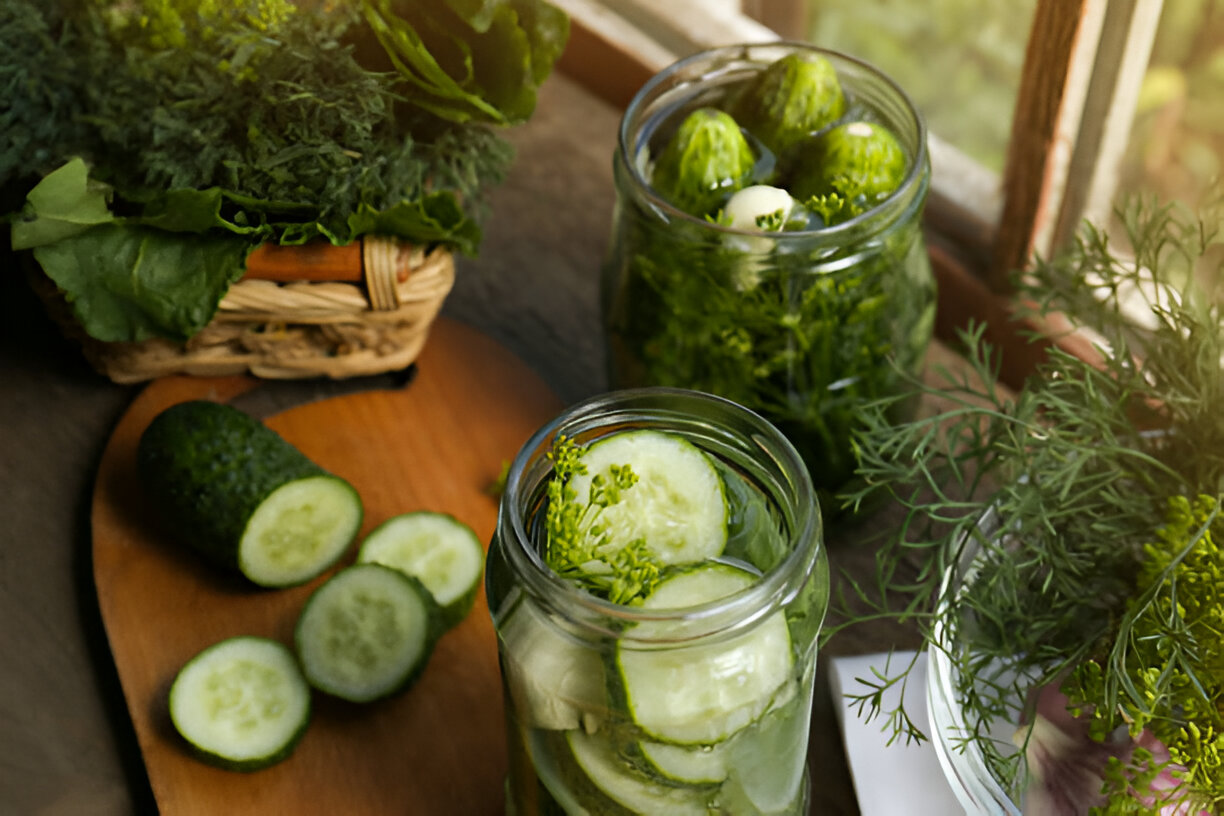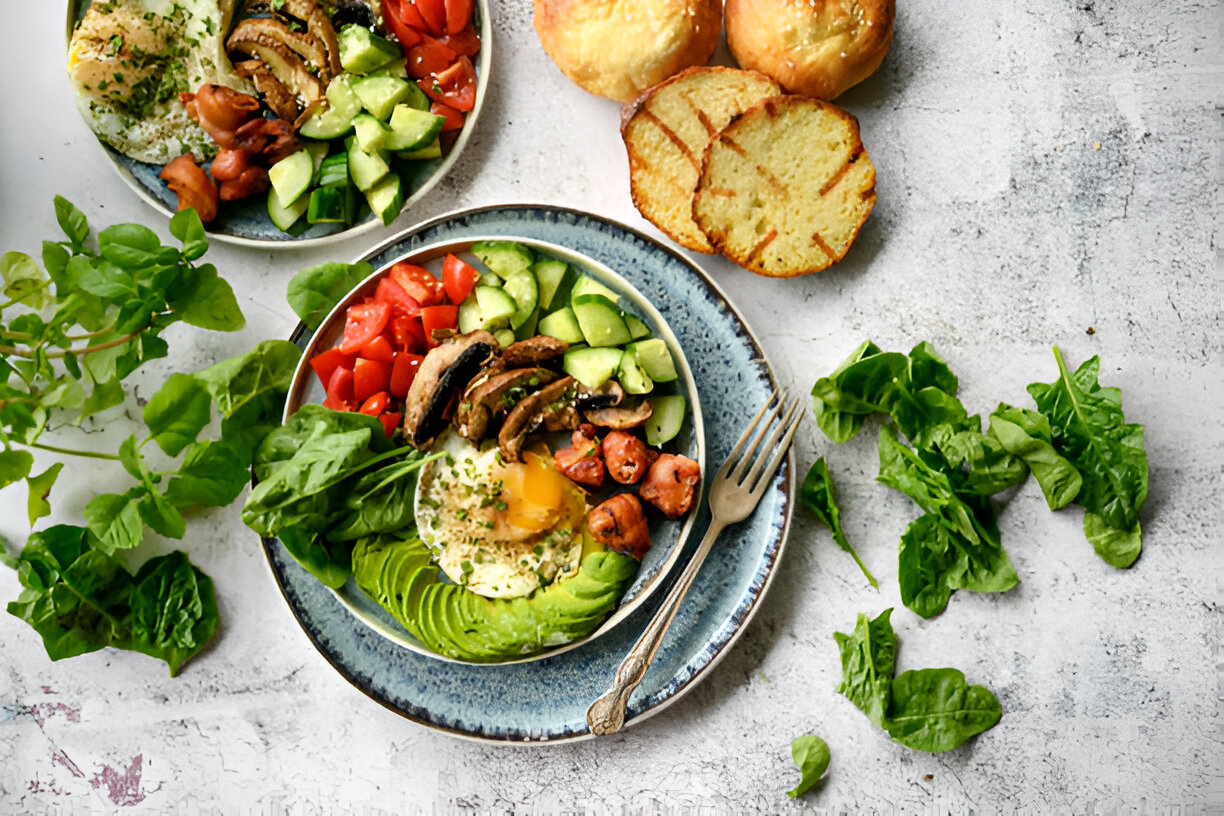
Food waste is a growing environmental issue, but there are easy and effective ways to minimize it at home. By making small changes to how you shop, store, and prepare food, you can help reduce waste, save money, and contribute to a more sustainable future. In this Green Home Guide, we’ll explore seven practical strategies for preventing food waste in your household
Plan Your Meals to Avoid Overbuying
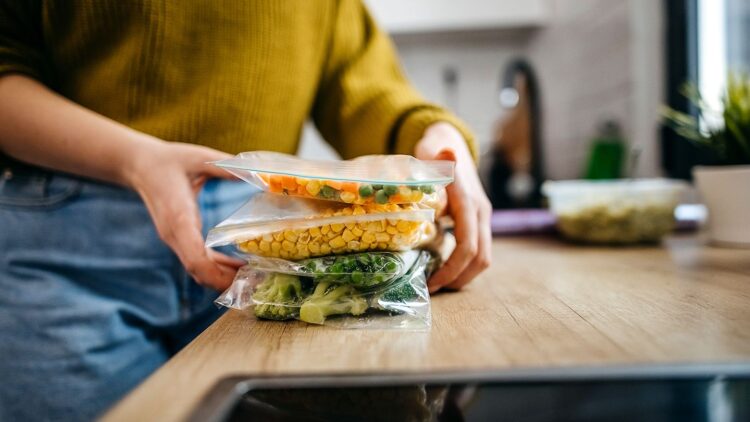
Outline a detailed weekly meal plan, listing each breakfast, lunch, and dinner for the week. This will help you know exactly what ingredients you need and prevent food waste by buying only what’s necessary.
Stick to a shopping list to avoid impulse purchases. By knowing in advance what you need, you can shop more efficiently and avoid purchasing unnecessary items that may go unused.
Before making your shopping list, take stock of the ingredients you already have in your pantry, fridge, and freezer. Plan meals around these ingredients to reduce waste and avoid buying duplicates.
Store Food Properly for Maximum Freshness
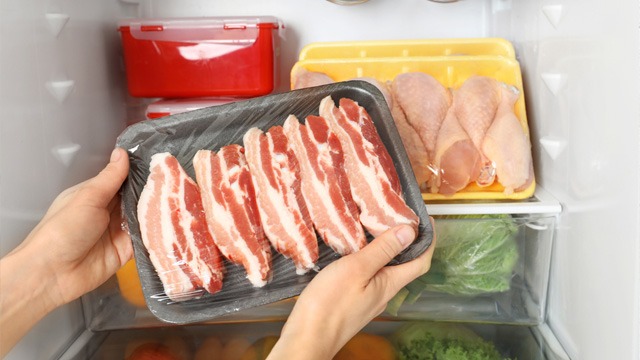
Each food has an ideal storage method. Keep fruits and vegetables in the fridge or at room temperature, depending on the type. Proper storage prevents spoilage and helps them stay fresh longer. Store perishables like fruits, vegetables, and leftovers in airtight containers to lock in freshness and prevent them from going bad quickly. This method also helps to avoid odors mixing in the fridge. Freeze excess food like leftovers, meats, or bulk-bought items. This extends their shelf life and prevents waste when you can’t use everything right away. Properly label and date items before freezing.
Use a “First In, First Out” System

Arrange items in a way that ensures older food is at the front. This makes it easier to use older items first, reducing the chances of food spoiling before you get to it. Always label and date your leftovers and food containers so you know when they were made. This helps you keep track of how long food has been stored and ensures you consume it before it goes bad.
Repurpose Leftovers into New Meals
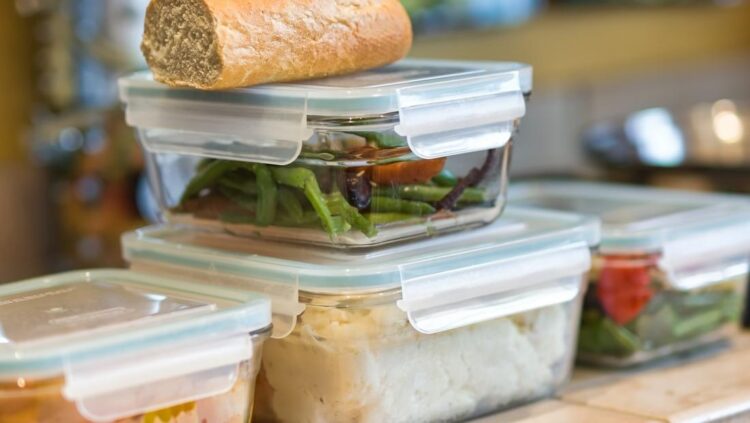
Turn last night’s dinner into something new! For example, use leftover roasted veggies in a quiche or add extra rice to make fried rice. Reinventing leftovers helps reduce food waste and keeps meals exciting.
Save vegetable peels, herb stems, and bones to make homemade broth or soup. This not only cuts down on waste but also gives you a flavorful base for future dishes.
Use airtight containers to store leftover meals, making them easy to reheat later. Proper storage prevents food from spoiling and ensures you have quick meals ready for busy days.
Compost Food Scraps
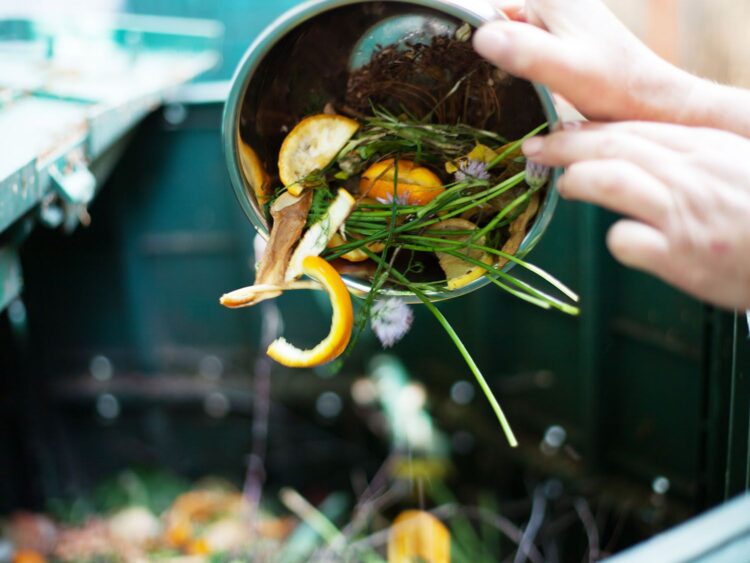
Set up a composting bin for food scraps like vegetable peels, fruit cores, and coffee grounds. Composting turns organic waste into nutrient-rich material for your garden. By composting, you significantly reduce the amount of organic waste that ends up in landfills, helping to lower methane emissions and support a more sustainable lifestyle.
Use your compost to naturally fertilize your garden soil. Compost adds valuable nutrients to plants, promoting healthy growth without the need for chemical fertilizers.
Understand Expiration Dates
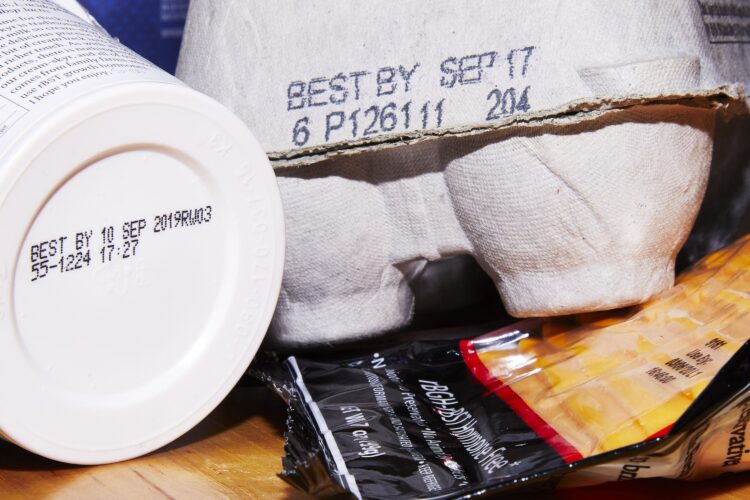
Learn the Difference Between “Sell By,” “Use By,” and “Best By” Dates: These dates can be confusing. “Sell by” is for retailers to know how long to display a product, while “use by” suggests the last recommended date for peak quality. “Best by” refers to when the product is at its best flavor or freshness but may still be safe to consume after.
Many foods are still good past their labeled date. Instead of discarding items automatically, assess their actual condition before making a decision. Check for smell, appearance, and texture to determine if food is still safe to eat. Trusting your senses can prevent unnecessary food waste while ensuring freshness.
Buy in Bulk Wisely
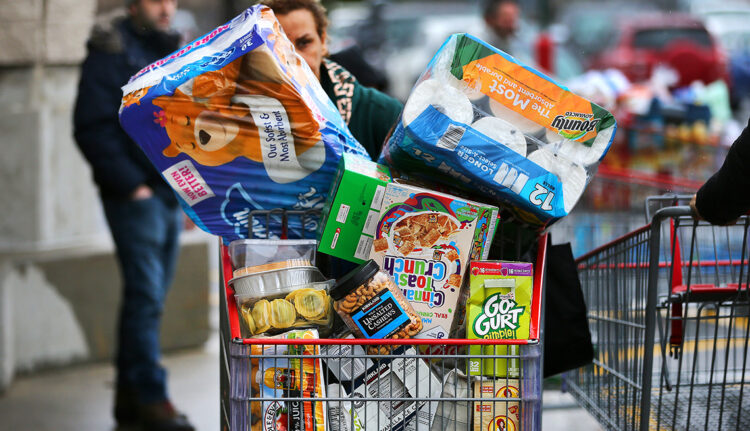
Purchasing in bulk can save money, but only if you’re sure you’ll use the items before they expire. Stick to non-perishable items or products you use frequently to avoid waste. Ensure bulk food is stored in airtight containers or in cool, dry areas to extend its shelf life. Proper storage helps prevent spoilage and keeps food fresh longer.
Be cautious when buying perishable items in bulk, as they can spoil quickly. Purchase only what you can consume within a reasonable time frame to reduce food waste.
By adopting these simple and effective strategies, you can significantly reduce food waste in your home. Whether you start composting, repurposing leftovers, or planning meals more carefully, every small step counts toward living a more sustainable lifestyle. Embrace these tips to help the environment, save money, and make the most out of the food you bring into your home.











